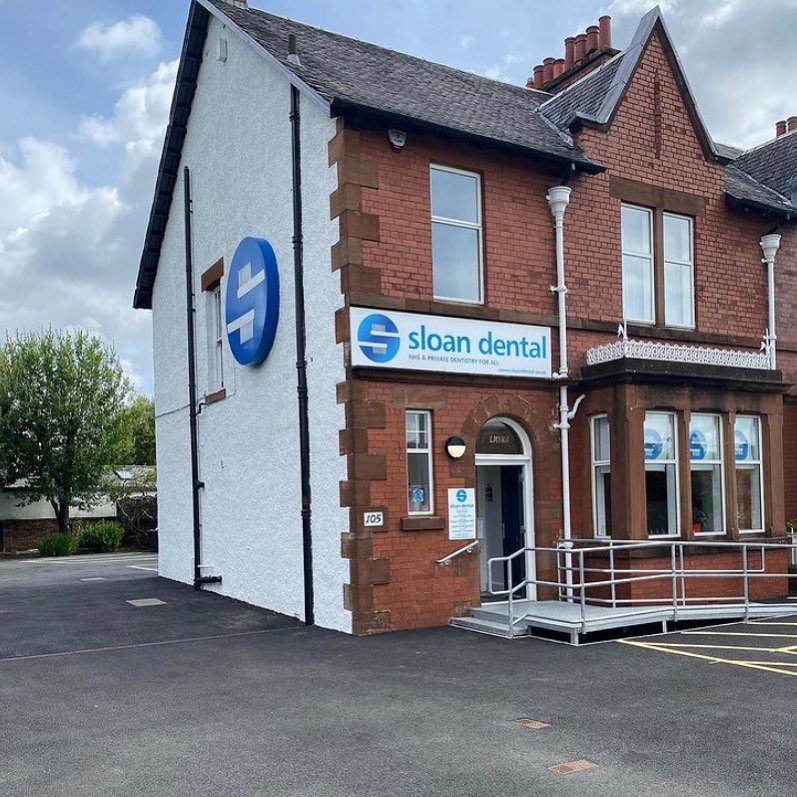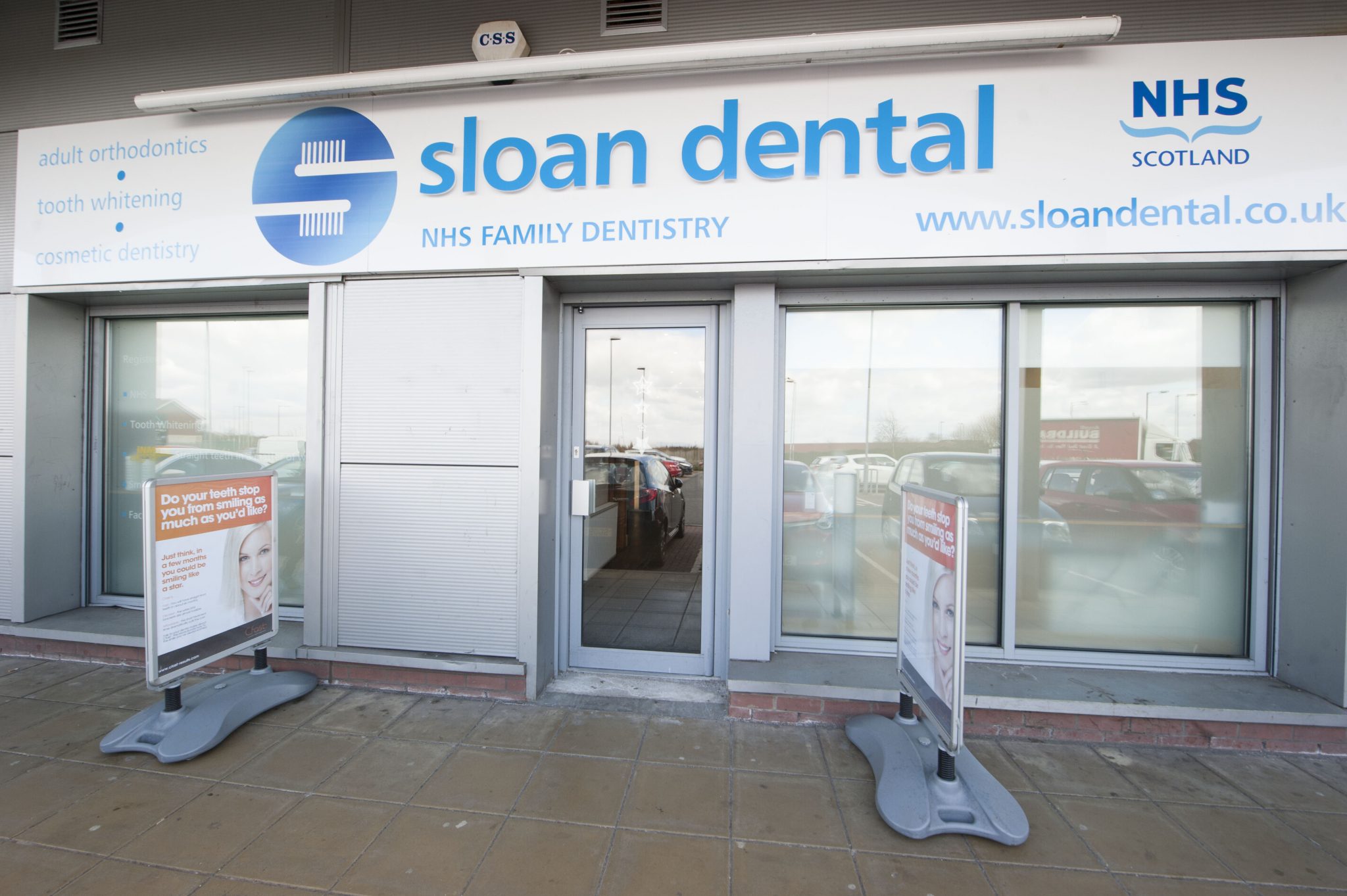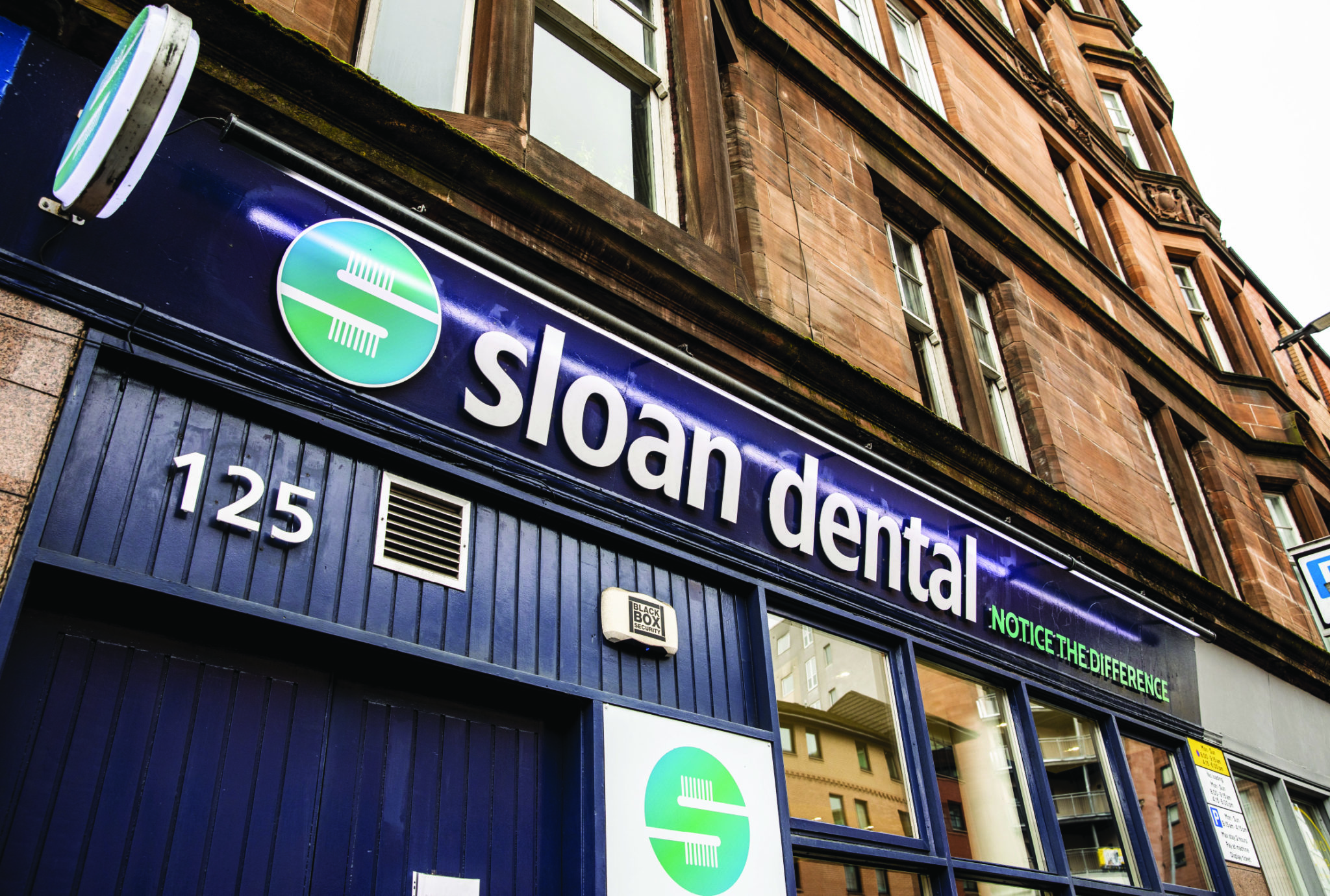When you are afraid of going to the dentist, or just don’t like to make a fuss, it’s easy to downplay any dental trauma. A toothache “isn’t that bad,” and a chipped tooth “can probably wait”.
If you’re wondering what really qualifies as a dental emergency, the answer is very simple.
If it hurts, it’s an emergency.
If you’re experiencing a dental emergency in Glasgow and wondering what steps to take, the best thing to do is call one of our three dental practices. Our helpful team will be able to advise you on the best steps to take to remedy your situation. They will advise if you need to see a dentist right away, or if you can manage the condition at home.
What qualifies as a dental emergency?
A dental emergency is anything that requires immediate attention to help stop your pain or prevent a dental problem from getting worse. The most common dental emergencies in Glasgow are broken teeth and toothache. The following situations would be considered a dental emergency:
- Toothache that keeps you awake at night.
- A chipped or cracked tooth.
- Losing a tooth after facial trauma.
- A loose tooth.
- Swelling in your gums, roof of the mouth, cheek or jaw.
- Uncontrolled bleeding following a dental procedure or facial trauma.
In general, if you are in pain, bleeding or you have swelling, this needs to be seen by a dentist as quickly as possible.
How do I get emergency dental treatment?
If you are registered with a dentist, the first step is to call them. They may set aside time every day for emergency appointments. If you do not have a dentist, or if your current dentist cannot offer you an appointment, you can call other emergency dentists in Glasgow. Sloan Dental will offer emergency dental treatment to patients and non-patients alike. You are then free to go elsewhere for follow-up treatment, or register with our practice to complete treatment.
What happens during an emergency dental appointment?
An emergency dental appointment does not always involve the final restorative treatment. In many cases, an emergency dental appointment will help to ensure the problem doesn’t get worse until you can arrange follow-up treatment.
An emergency dental appointment aims to diagnose the problem. This could mean a dental examination and dental x rays to understand the issue.
If you are in pain, the dentist might prescribe pain medication or antibiotics to get an infection under control. If you have chipped a tooth, the dentist might file down any sharp edges so you don’t cut your tongue.
What happens if you don’t fill a cavity?
A cavity is an infection in the outer coating of a tooth. This type of decay can create small holes in your tooth that exposes the softer material below. In the early stages of a cavity, you are unlikely to have any pain. As the infection spreads deeper into the tooth, you will start to experience a toothache.
Your toothache might come on suddenly, or it might be an issue that comes and goes, getting worse each time. It’s very easy to ignore toothache, especially if you can control the pain with medication. But a toothache will never go away on its own. As the infection spreads, the pain gets worse, but the pain might subside as the pulp dies. This isn’t a sign that it is getting better, it’s a sign that it’s getting worse. Regular dental checkups can prevent cavities from forming.
What helps really bad toothache?
If you have to wait to access an emergency dental appointment, there are steps you can take to help your toothache at home. Ask your pharmacist about pain medication that contains codeine. This is stronger than paracetamol and ibuprofen and can be more effective for toothache. You should not take this type of pain medication for longer than three days.
You can also try applying an ice pack to the affected side of your face. Heat packs are not ideal as these will aggravate any inflammation. You can also try rinsing your mouth with saltwater. Avoid very hot or very cold food, and avoid anything crunchy or likely to get stuck between your teeth.
Emergency dental care in Glasgow
To get help in a dental emergency, call the Sloan Dental team. We can advise you on the nearest dental practice that can help you and offer home care advice in the meantime.



